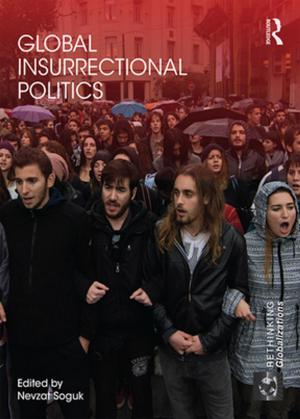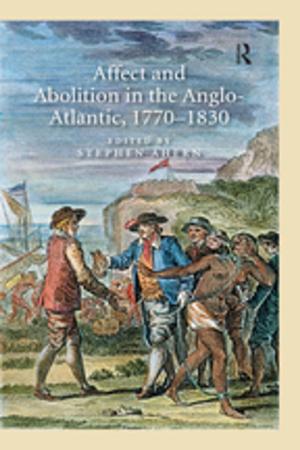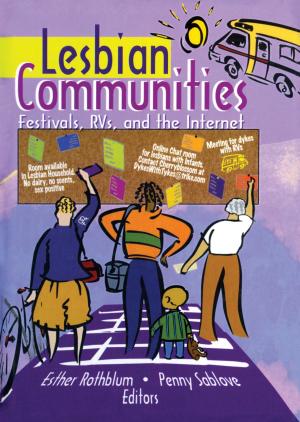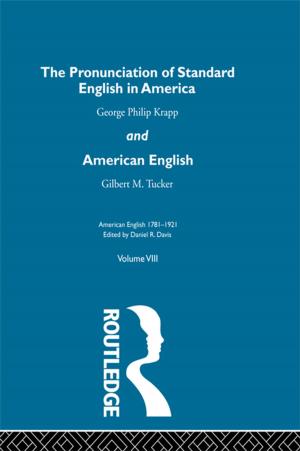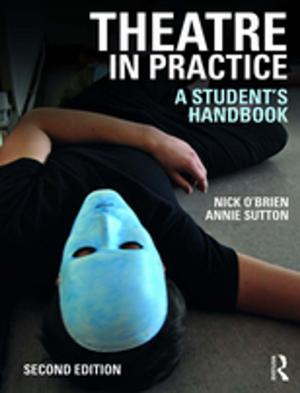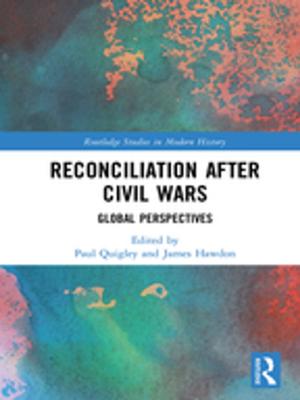Children’s Play in Literature
Investigating the Strengths and the Subversions of the Playing Child
Fiction & Literature, Literary Theory & Criticism| Author: | ISBN: | 9781351334518 | |
| Publisher: | Taylor and Francis | Publication: | July 4, 2018 |
| Imprint: | Routledge | Language: | English |
| Author: | |
| ISBN: | 9781351334518 |
| Publisher: | Taylor and Francis |
| Publication: | July 4, 2018 |
| Imprint: | Routledge |
| Language: | English |
While we owe much to twentieth and twenty-first century researchers’ careful studies of children’s linguistic and dramatic play, authors of literature, especially children’s literature, have matched and even anticipated these researchers in revealing play’s power—authors well aware of the way children use play to experiment with their position in the world. This volume explores the work of authors of literature as well as film, both those who write for children and those who use children as their central characters, who explore the empowering and subversive potentials of children at play. Play gives children imaginative agency over limited lives and allows for experimentation with established social roles; play’s disruptive potential also may prove dangerous not only for children but for the society that restricts them.
While we owe much to twentieth and twenty-first century researchers’ careful studies of children’s linguistic and dramatic play, authors of literature, especially children’s literature, have matched and even anticipated these researchers in revealing play’s power—authors well aware of the way children use play to experiment with their position in the world. This volume explores the work of authors of literature as well as film, both those who write for children and those who use children as their central characters, who explore the empowering and subversive potentials of children at play. Play gives children imaginative agency over limited lives and allows for experimentation with established social roles; play’s disruptive potential also may prove dangerous not only for children but for the society that restricts them.



